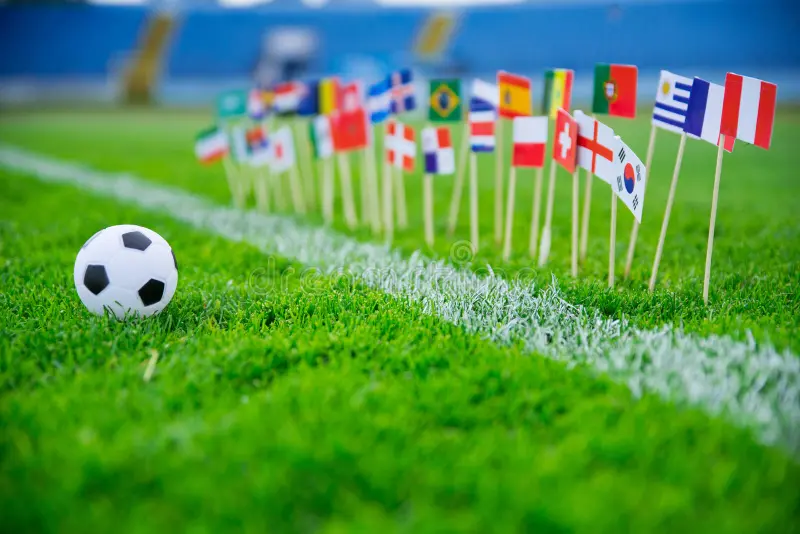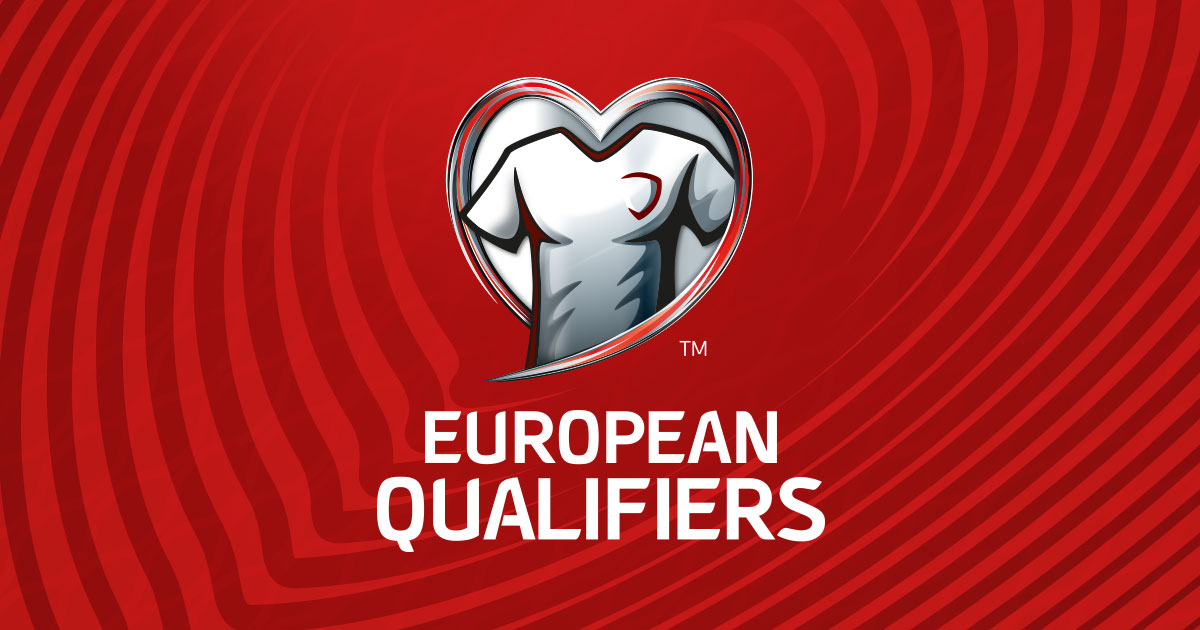
Football is more than a sport — it is a shared language spoken by millions, a cultural bridge that connects continents, and a powerful emotional thread woven through the lives of people everywhere. No other game is played, watched, debated, and celebrated with the same passion or scale. From crowded urban squares in Europe to remote villages in Africa and South America, football acts as a universal form of expression, transcending barriers of language, politics, and geography.
Its unifying power doesn’t come only from the rules of the game, but from the stories and traditions that surround it. Football becomes a culture the moment people gather to watch a match, cheer for a team, or kick a ball around with friends. It is this global familiarity — this instant recognition — that makes the sport such a deep and lasting connector.
A Universal Language Without Words
One of the simplest reasons football unites people is its accessibility. Anyone can play. A ball, an open space, and a few willing participants are enough. The rules are easy to understand, the pace is natural, and the interactions are intuitive. You don’t need to speak the same language as your teammates or opponents — the game itself becomes the language.
This universality explains why football spreads so effortlessly. Whether in a Tokyo suburb, a Brazilian favela, or a small European town, the rhythm of the game feels the same. A good pass, a clever dribble, a last-minute goal — these moments carry meaning everywhere. Teams don’t just compete on the pitch; they teach people how to connect, communicate, and collaborate across cultures.
Shared Rituals and Collective Emotion
Football is also a ritualistic experience. Fans paint their faces, wear scarves, sing the same songs for decades, and gather in the same pubs or living rooms for every match. These rituals create identity. They build belonging. And crucially, they exist in every football-loving country.
This emotional synchronization — millions celebrating or grieving at the same moment — is one of the strongest cultural forces in the world. When a national team plays in a major tournament, people who may disagree about almost everything else suddenly find common ground. Flags wave, streets fill with noise, and strangers become instant companions.
During global competitions like the FIFA World Cup or the UEFA European Championship, entire nations pause to experience the same journey. The highs and lows belong to everyone. This shared emotional landscape is a rare phenomenon in modern society.
How Media and Digital Culture Strengthen the Bond
Football’s cultural influence has grown even stronger in the digital era. Social media, streaming platforms, podcasts, and fan communities connect people who might never meet in person but feel a deep kinship through the sport. Supporters discuss tactics on Twitter, celebrate goals with global fan groups on Instagram, and debate transfers in forums that cross continents.
People watch highlights, share reactions, argue about tactics, and follow their favorite clubs together even if they live on different continents. This online world is so lively that even entertainment platforms — for example, Bison Casino, which sometimes features football-themed cultural content — become part of the broader conversation during major tournaments.
Football is now part sport, part conversation, part shared digital experience. The community extends far beyond stadiums.
Clubs as Cultural Symbols
Many clubs have grown beyond their sporting roles to become cultural institutions. FC Barcelona represents Catalan identity. Liverpool carries a history of resilience and working-class pride. Borussia Dortmund stands for passion, energy, and community. Galatasaray, Boca Juniors, and Al Ahly each have their own deep cultural narratives.
Supporting a club is often inherited, like a family tradition. These clubs give communities a sense of continuity — something shared between generations. A grandfather, a father, a daughter, all cheering for the same team, creates a cultural bond stronger than almost any other form of entertainment.
These identities transcend borders too. A fan from Indonesia can feel as emotionally connected to Real Madrid as someone born in Spain. The stories, values, and emotions become global property.
Why Nations Unite During Major Tournaments
Nothing unites people quite like their national team. During major competitions, football becomes a symbol of hope, pride, and belonging. For a few weeks, borders fade. Workplaces pause. Cities dress in national colors. People who have never met find themselves sharing the same emotional heartbeat.
In countries with complex histories or political tensions, football often provides one of the few moments of complete unity. A winning goal can spark celebrations in every region, every neighborhood, every social group. The sport becomes a reminder of common identity — something deeply human.
A Cultural Force That Will Only Grow Stronger
Football’s global reach was once driven by television. Now it is fueled by social networks, data platforms, international fan communities, and migrants who carry their passion to new places. Stadiums, cafés, parks, classrooms — everywhere the sport travels, it leaves cultural footprints behind.
As the world becomes more interconnected, football’s ability to unite nations will only deepen. People don’t need to share the same background, language, or beliefs to share a match. All they need is the love of the game — and that has proven to be one of the most powerful cultural bonds on Earth.








